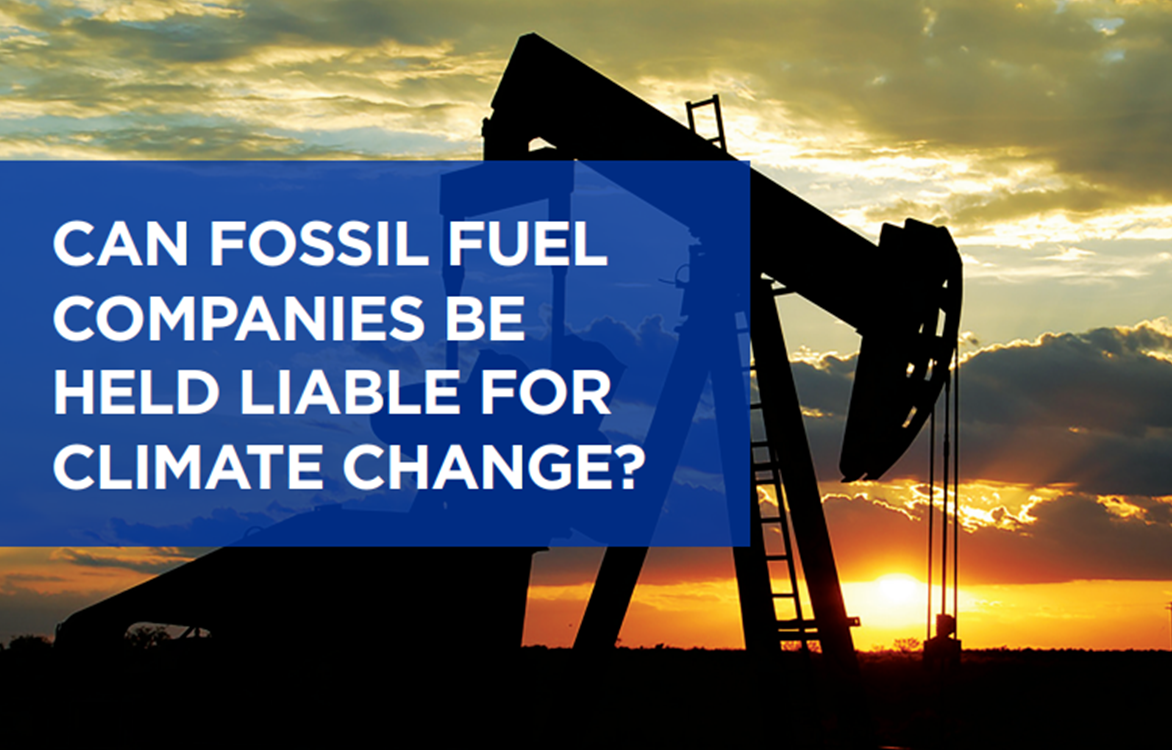by Justin Gundlach In 2017, a majority of Duke Energy’s shareholders voted to instruct the energy and utility company to draft what The 50/50 Climate Project has called a “2 degree analysis.” As a result, on or before March 30, 2018, Duke will issue a report on the risks facing […]
Justin Gundlach
by Justin Gundlach and Romany Webb Resilience—the capacity to withstand, absorb, recover from, and better adapt to disruption—is currently a popular topic of discussion and debate. Several factors, including a string of disasters and unrelated but coincident regulatory processes, have made resilience a key objective for a wide array of […]
by Justin Gundlach We know that burning fossil fuels is the main cause of anthropogenic climate change, and that climate change is the source of adverse impacts on communities and even regional and national economies. Those impacts—sometimes irksome, sometimes devastating—are increasingly obvious, and the causal mechanisms that connect them to […]
by Justin Gundlach As a spate of disasters in the past few months has made painfully clear to people in Texas, Florida, Louisiana, Puerto Rico, and northern California, designing the electric grid to be reliable at all times requires anticipating and preparing for destructive hazards that can interrupt its operation. […]
By Richmund Sta. Lucia In a span of just three weeks, two hurricanes hit the U.S. mainland causing severe impacts on human life and property. On August 25, Hurricane Harvey devastated Texas with unprecedented flooding and claimed a current total of 82 lives. The death toll from Hurricane Irma, which […]
by Justin Gundlach Due to damage from Hurricane Irma, the lights are out in much of southern Florida—an inconvenience to many and fatal to some. Meanwhile, in Texas, power still has not been restored everywhere in the aftermath of Hurricane Harvey. As the Wall Street Journal headline says of both […]
by Justin Gundlach Hurricanes like Harvey and Irma do not wipe clean the slate of prior plans, designs, and construction choices in the communities they afflict, but they do require officials, planners, and home and business owners to decide whether and how to alter those plans as they rebuild. As […]
By Peter Ross For decades, federal energy and water efficiency standards have demonstrably saved consumers money, reduced pollution, and increased grid reliability. The U.S. Department of Energy (“DOE”) periodically reviews standards and test procedures for more than 60 products, representing about 90% of home energy use, 60% of commercial building […]


